CEC Grant Funds can be used to purchase Electric Vehicle Supply Equipment (EVSE), which can be used for either public or government operations use. Charging stations can be hosted on municipal property, such as a public parking lot, or at municipal offices. Charging stations purchases by the municipality can also be hosted at other sites, such as a state park, private parking lot, or other facility, with a site-host agreement.
Chargers can either be Level 2 or DC Fast Chargers (DCFC). Level 2 chargers can generally provide up to 100 miles of range (depending on the vehicle type) in one to two hours. DCFC chargers can provide up to a full charge, sometimes hundreds of miles of range, in under one hour.
Publicly-available charging stations can help incentivize the uptake of EVs in a community by providing additional options to drivers. EV chargers can also be used to incentivize local economic activity. It is recommended that public charging stations are networked, which carries a monthly fee for the municipality but allows EV drivers to more easily connect to charging.
EV Charging Equipment for Government Operations is also a critical first step for incorporating battery-electric equipment into government fleets. Chargers for government use generally do not need to be networked, which can reduce operating costs.
How to Get Started
Interested municipalities should decide whether to purchase and install public or municipal charging stations and identify potential sites.
Municipalities should also begin exploring options through Make Ready, which can provide additional incentives. Make Ready contractors can provide a range of services.
